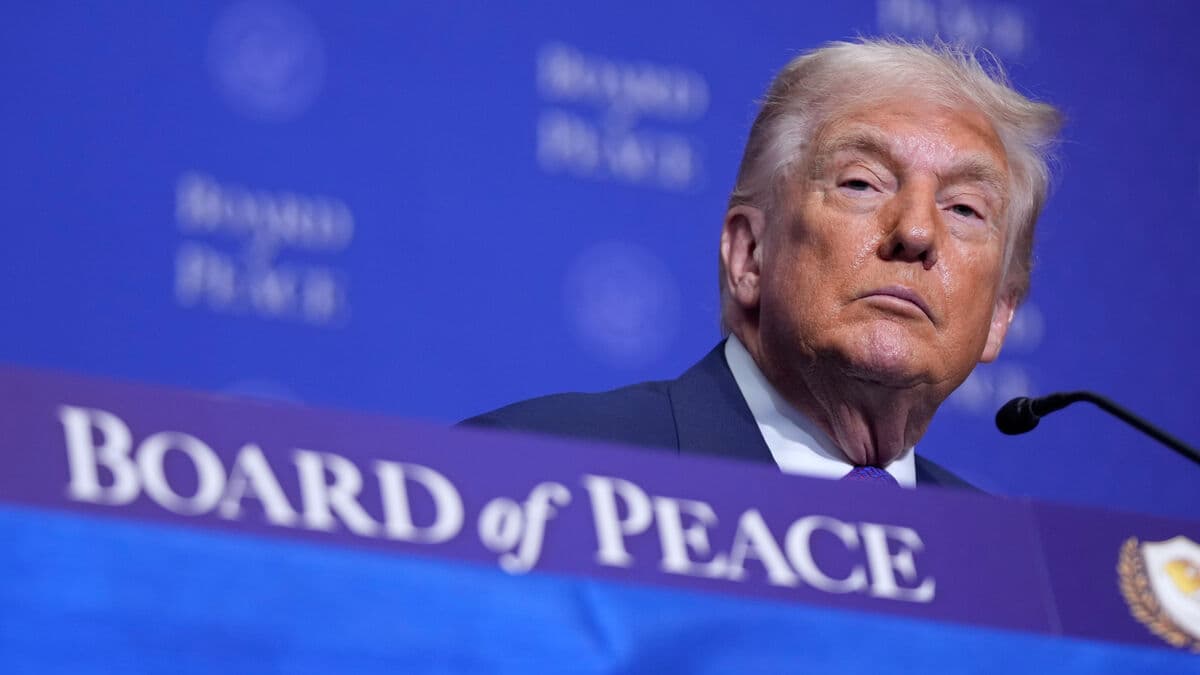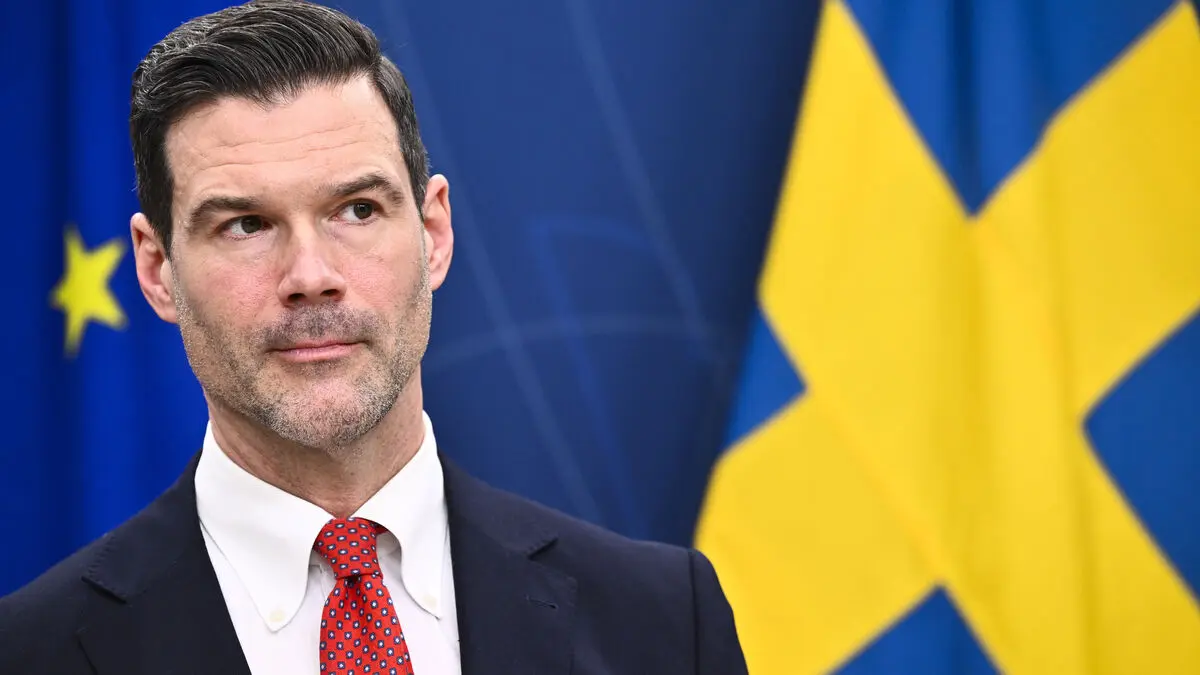Despite the massive loss of 11.9 billion, Ericsson reports a better result than what stock professionals had calculated for the second quarter of the year.
The company sees a tough year ahead, requiring new cost savings.
We're looking at all costs, says Vice President Fredrik Jejdling to TT.
The company's stock rose over 7 percent at the opening of the Stockholm Stock Exchange, but later fell back slightly.
CEO Börje Ekholm describes the telecom market as challenging and expects it to remain so for the rest of the year. He specifically points to a declining investment rate in India.
"We will continue to make proactive efforts to position the business for long-term success," is the message from Ekholm – who is attending a customer meeting in India.
We will continue to work on costs in the company, says Fredrik Jejdling at the headquarters in Kista.
Growth in the USA
Jejdling adds that the company is looking at "all costs", not just personnel costs.
We simply have to be competitive on our products and services and our own cost structure.
Ericsson estimates that sales during the second half of the year will be "favored by contract deliveries in North America".
In the US market, we now see growth that we haven't seen since 2022. In the rest of our regions where we operate, we see a decline in the market, says Jejdling.
For the second quarter, the telecom manufacturer reports a massive loss of 11.9 billion kronor, excluding restructuring costs. During the second quarter last year, Ericsson made a profit of 2.8 billion.
Revenue fell to 59.8 billion, down from 64.4 billion a year earlier.
Both revenue and the adjusted result were better than what analysts had calculated on average, according to Bloomberg's compilation of forecasts.
"Strategically important"
The interim report comes after Ericsson took a write-down of 11.4 billion of the value of the New Jersey-based cloud service company Vonage.
This is the second massive write-down of the value of Vonage since Ericsson acquired the company in 2022. Market growth for the company has slowed down and a refocus is needed to improve the result, according to Börje Ekholm.
However, the management holds fast to the description of Vonage as strategically important for Ericsson.
It's a strategically important component that drives growth for our customers, says Jejdling.
If you exclude the massive loss from Vonage, Ericsson's profit for the second quarter was 3.2 billion, which can be compared to 2.8 billion last year.






